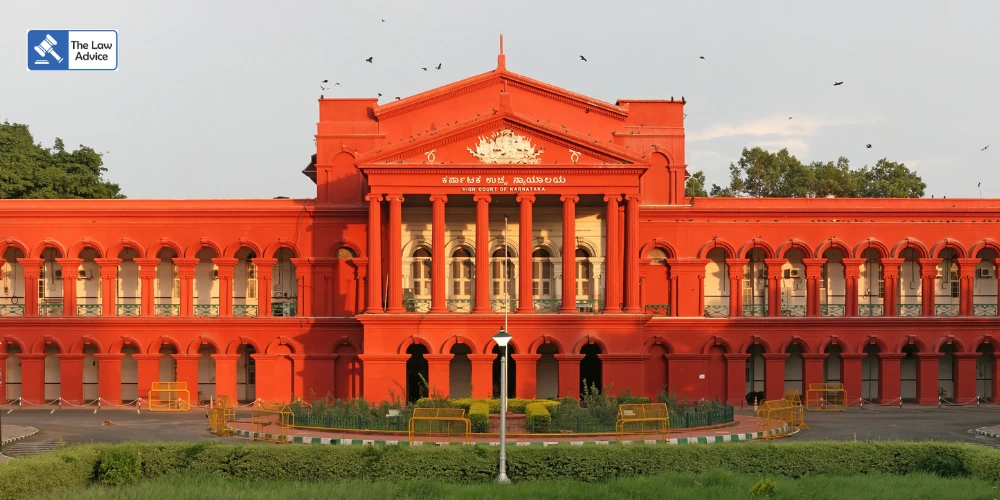The Karnataka High Court has clarified that any alleged act of bribery or inducement carried out prior to the filing of nomination papers cannot amount to “corrupt practice” under the Representation of the People Act, 1951 (RP Act). The Court held that the statutory definition of a “candidate” begins only from the date of filing nomination, and any action taken before that stage falls outside the ambit of Section 123 of the Act.
The ruling came from Justice M.I. Arun, who dismissed an election petition filed by Subhan Khan challenging the election of Prabha Mallikarjun from the Davanagere Lok Sabha constituency in the 2024 General Elections.
Allegations Against Mallikarjun
Khan had alleged that on April 6, 2024, Mallikarjun and her supporters had distributed money and household goods to voters in an attempt to influence the electoral process. He argued that such acts amounted to bribery, a corrupt practice expressly prohibited under Section 123(1) of the RP Act.
However, the Court noted that Mallikarjun had filed her nomination papers only on April 12, 2024. Referring to Section 79(b) of the RP Act, which defines “candidate” as a person who has been or claims to have been duly nominated, the Court held that the alleged acts on April 6 could not attract Section 123 since she had not yet become a legally recognized candidate.
Quoting the judgment, the Court observed:
“A person becomes a candidate as per Section 79(b) of the Act for the purposes of Section 123 of the Act only upon filing of nomination and not earlier to it. In the instant case, respondent No.1 became a candidate only after 12.04.2024, and not earlier. Thus, any act done by respondent No.1 prior to 12.04.2024 does not constitute a corrupt practice for the purposes of Section 123.”
The Court further reasoned that since all the allegations of bribery related to a date prior to Mallikarjun’s nomination, the petition lacked a valid cause of action. Justice Arun remarked:
“Even if all the allegations made against respondent No.1 are assumed to be true, the petitioner cannot succeed in the election petition. The petition must therefore be construed as having been filed without a valid cause of action.”
Congress Guarantee Card Issue
The petitioner also alleged that Mallikarjun and the Indian National Congress had distributed the so-called ‘Congress Guarantee Card’, a campaign material linked to the party’s welfare promises. However, during the hearing, the petitioner did not press this point, acknowledging that the High Court had already rejected similar allegations in a separate election matter.
Interim Application by Respondent
Meanwhile, Mallikarjun moved an interim application (I.A. No. 2/2024) under Order VII Rule 11(a) of the Code of Civil Procedure (CPC) read with Section 86(1) of the RP Act, seeking dismissal of the petition at the threshold. Upholding her plea, the Court concluded that there was no legal basis to continue proceedings and dismissed the election petition.
Representation
• Case Title: Subhan Khan v. Prabha Mallikarjun
• Counsel for Petitioner: Advocate Venkatesh P. Dalwai for Advocate Shivaraj B.
• Counsel for Respondent: Advocate Prashant F. Goudar for Advocate Goutam S. Bharadwaj
